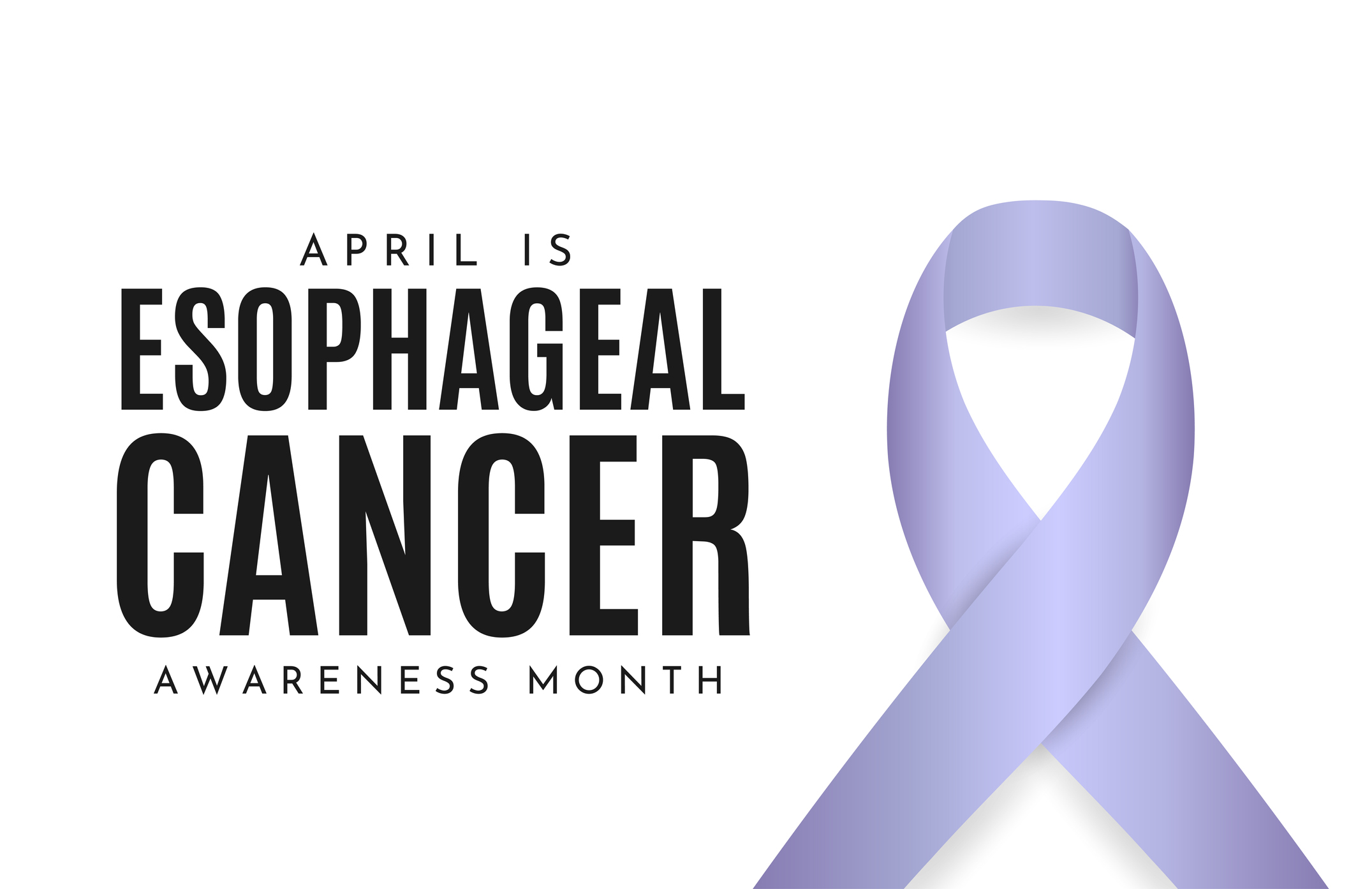Acid reflux is common, with over 20% of the United States population experiencing occasional symptoms. However, when acid from the stomach flows back up into the esophagus more than twice a week, it may lead to a condition called gastroesophageal reflux disease (GERD). Constant acid irritation from GERD can lead to frequent heartburn, regurgitation, and chest pain, negatively impacting comfort and quality of life.
While this condition can be challenging to manage, making targeted lifestyle changes may help reduce personal reflux triggers and prevent painful flare-ups.
Symptoms of GERD
The most characteristic symptoms of GERD include:
- Burning chest pain (heartburn) – This is a painful, fiery sensation in the center of the chest or throat. It is often the dominant symptom of GERD.
- Acid regurgitation – The painful backwash of food or sour-tasting liquid from the stomach.
- Upper abdominal pain – stomach discomfort below the breastbone.
- Difficulty swallowing (dysphagia) – The sensation of food getting stuck in the throat or chest.
- Persistent sore throat – Frequent throat irritation or chronic hoarseness.
GERD symptoms may appear after eating and worsen while lying down or at night. If your acid reflux typically happens at night, you may also experience symptoms of asthma, laryngitis, or an ongoing cough.
Lifestyle Changes That May Help Prevent GERD
Certain lifestyle factors are known to trigger or worsen GERD symptoms. Making the following changes may help in reducing your personal reflux triggers:
- Weight Loss – Excess weight presses on the stomach, causing acid to back up. Losing even a small amount of weight may significantly ease reflux symptoms.
- Avoiding Problematic Foods – Common culprits of acid reflux include fatty or fried food, spicy dishes, citrus, chocolate, caffeine, onions, peppermint, carbonated beverages, tomato sauce, vinegar, and alcohol. Track and avoid foods that provoke your symptoms.
- Stopping Smoking – Smoking impairs muscle function in the lower esophagus, leading to acid reflux.
- Adjusting Sleeping Position – Lying flat allows acid to flow more easily toward the esophagus while sleeping. Elevating the head of your bed or using extra pillows may help.
- Wearing Loose Clothing: Tight clothing – particularly around the waist – can increase abdominal pressure and worsen reflux.
If symptoms worsen or persist despite these lifestyle changes, consult your physician for additional treatments.
When to See Your Doctor
Many people find significant GERD relief from at-home prevention strategies and OTC medications. However, if you experience any of the following, consult your doctor right away:
- Frequent or severe GERD symptoms interfering with sleep, work, or activities
- Severe chest pain (especially alongside shortness of breath, or jaw or arm pain)
- Symptoms lasting longer than 2 weeks despite treatment
- Difficulty swallowing (dysphagia) or feeling of choking
- Unintended weight loss
- Internal bleeding
Physicians can evaluate your symptoms and identify contributing factors or conditions that may require specialized treatment plans, stronger prescriptions, or surgical procedures.
Your doctor may also perform an upper endoscopy to see inside your esophagus and stomach. These procedures are sometimes necessary to ensure more serious conditions like esophageal strictures, ulcers, or even cancer aren’t masquerading as ordinary reflux. These are most often quick outpatient procedures and are typically covered by insurance.
Though acid reflux is common, chronic GERD can significantly lower one’s quality of life. Seeking medical attention if your symptoms persist is vital to rule out serious complications and identify a treatment plan going forward.
Resources
Becker’s ASC: https://www.beckersasc.com/gastroenterology-and-endoscopy/4-statistics-on-gerd-in-the-u-s.html
Mayo Clinic: https://www.mayoclinic.org/diseases-conditions/gerd/symptoms-causes/syc-20361940; https://www.mayoclinic.org/diseases-conditions/gerd/diagnosis-treatment/drc-20361959
UChicago Medicine: https://www.uchicagomedicine.org/conditions-services/esophageal-diseases/gastroesophageal-reflux-disease/gerd-and-obesity
Harvard Health Publishing: https://www.uchicagomedicine.org/conditions-services/esophageal-diseases/gastroesophageal-reflux-disease/gerd-and-obesity
National Library of Medicine: https://www.ncbi.nlm.nih.gov/pmc/articles/PMC7816499/
Mount Sinai: https://www.mountsinai.org/health-library/diseases-conditions/gastroesophageal-reflux-disease
Mesquite Gastroenterology and Surgery Center: https://www.mesquitegsc.com/gastroesophageal-reflux-disease-gerd
Check out related content below!







